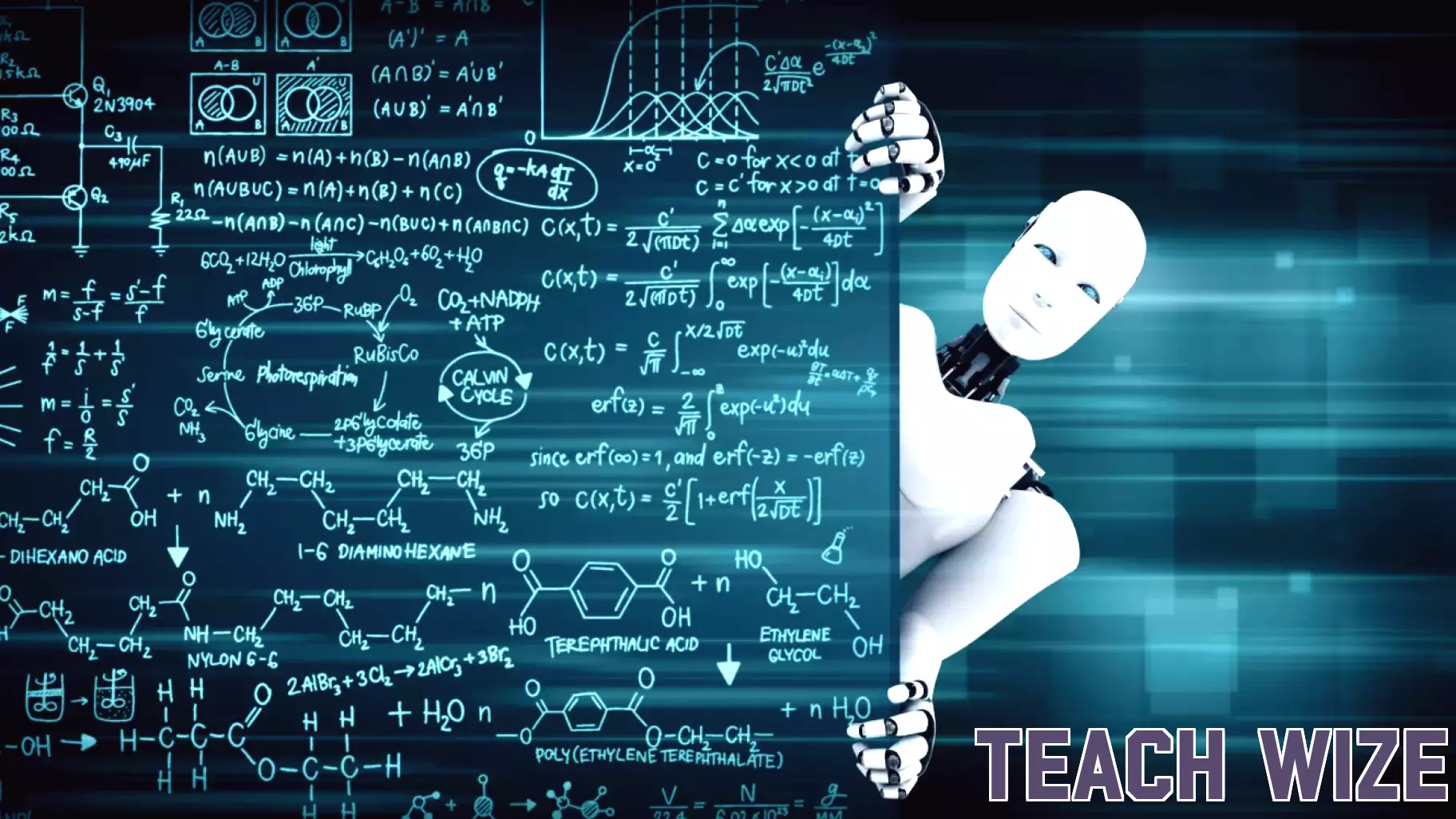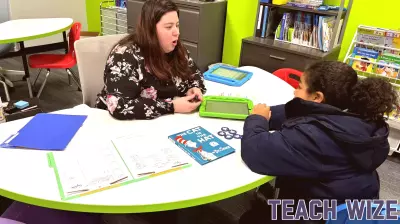April 5, 2025 - 17:55

Artificial intelligence has the potential to significantly alter the landscape of education, and not necessarily for the better. As AI technologies become more integrated into the learning process, there are growing concerns that they may undermine the quality of education by eliminating essential elements of traditional learning. With the ability to automate rote tasks, AI could create an environment where students rely heavily on technology for answers, diminishing their capacity for critical thinking and problem-solving.
Critics argue that this shift could lead to a generation of learners who are less equipped to tackle complex challenges. The reliance on AI tools might foster a passive learning experience, where students engage less deeply with the material. Furthermore, the risk of educational inequity could widen, as access to advanced AI resources may not be uniform across different demographics.
As we navigate these changes, it is crucial to strike a balance between leveraging technological advancements and preserving the core values of education that promote analytical and independent thought. The future of learning may depend on how we integrate AI into our educational systems.



